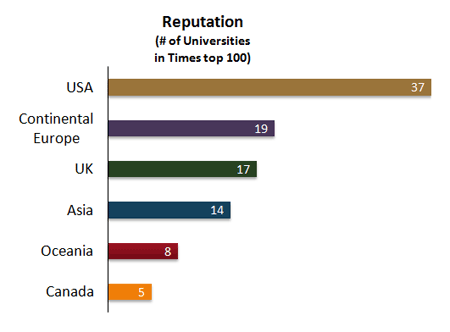Master's degree in Europe
The Bologna process for standardisation of European higher education specified an undergraduate degree of at least three years called the "licence" or bachelor's degree, followed by a two-year diploma called the master's degree, then a doctorate, meant to be obtained in at least three years. Because of these indicated schedules, the reform is sometimes (erroneously) referred to as "3-5-8". The system applies to the European Higher Education Area.
Through the Bologna initiatives and support of the European Union, Europe is unifying and standardising especially the structure of their masters' programmes, making them more and more accessible to foreign students.
An often cited advantage of the European universities is an advantageous cost/quality ratio. In Europe, especially continental Europe, universities are heavily subsidized by their national governments. In Germany, Scandinavia or Eastern Europe for instance, most masters programmes have been traditionally totally free of charge. Recently, these governments are discussing and/or introducing tuition fees. E.g. Sweden started charging tuition for non-EU students in 2010 and Finland starts charging non-EU/EEA students in 2017.
In the recent publication of the Times Higher Education Supplement, 36 of the top 100 universities in the world are located in Europe. There are large regional differences in the tuition fees in those top 100 universities:
In Austria, one obtains a bachelor's degree after 3 years of study and a master's degree after 2 more years of study. This is true for both the "research-oriented university" sector as well as the "university of applied sciences" sector which had been established in the 1990s.
Medicine and dentistry pose an exception; these studies are not divided into bachelor's and master's degree, but take 6 years to complete and the degree obtained is called "Dr. med." (However this is not an equivalent to other doctoral degrees, as one writes a "diploma thesis" and not a "doctoral thesis" or "dissertation".)
...
Wikipedia


